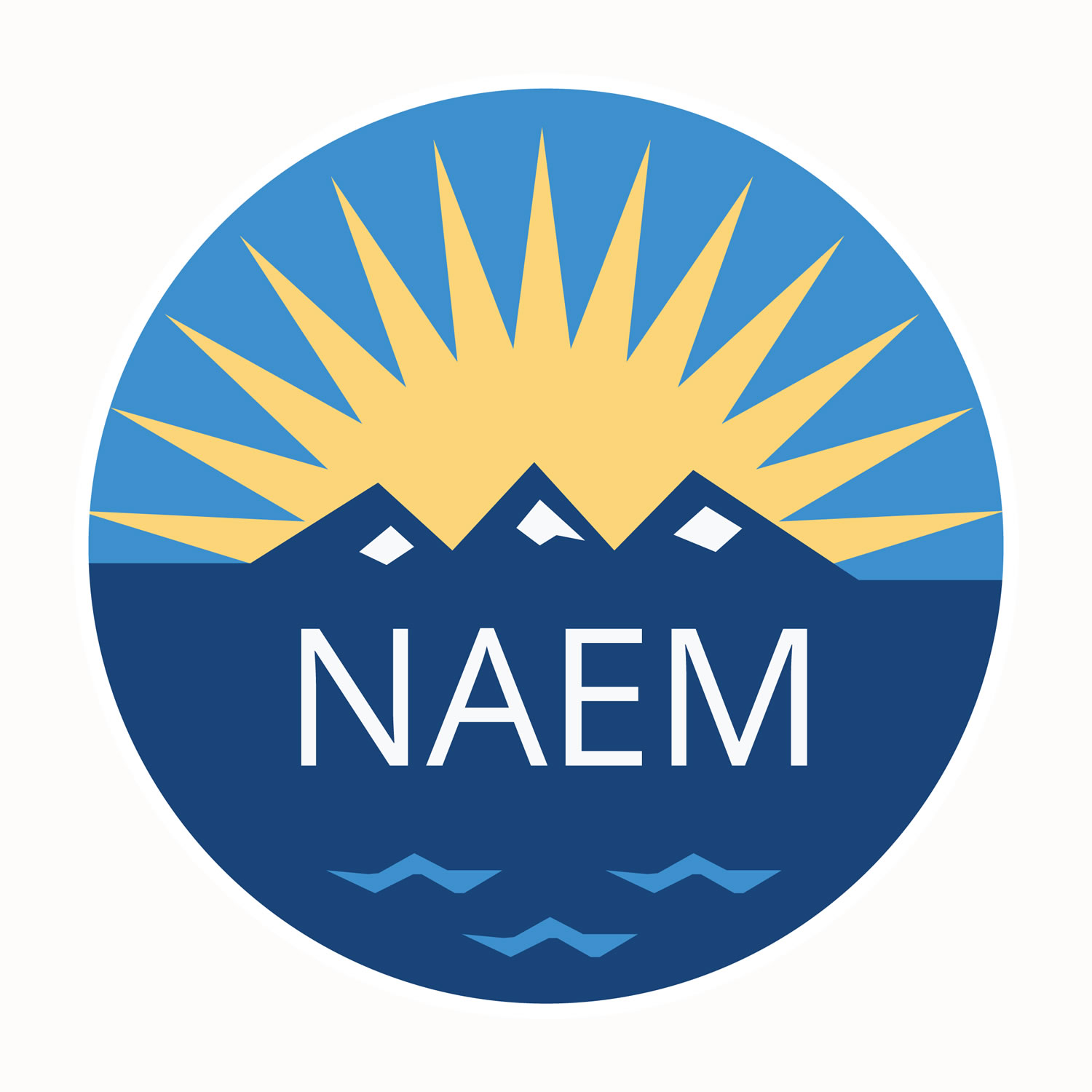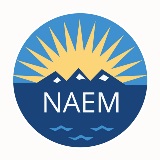Corporate Sustainability 2015: What is the current state of play?

GT: When you were putting the agenda together this year what changes did you notice in how leadership companies seem to be managing sustainability?
MM: One thing that remains true year over year is that 'normal' keeps on changing. Two years ago when we held our sustainability event in Arlington 'materiality' was still a buzz word. Last year in Denver, the consensus was 'Yes, I've heard of materiality assessments. We plan to take a deeper look into this practice.' Putting the conference together this year, I learned that they were a given among a lot of the people I spoke with; most of them had either done a materiality assessment, or were working on the results. Within the last year, folks have really embraced it and are using it for their strategy and their decision-making.
GT: What does this progression say about how companies are thinking about sustainability?
MM: For some companies who already have mature environmental management systems in place, materiality assessments may not be a game-changer, but for others, this analysis is a provocative step toward integrating these concepts across the business. It takes ideas that may not have previously been discussed outside of the EHS function and puts the conversation in business terms. It makes sustainability easier to talk about and to understand.
GT: What are some of the other emerging ideas that we'll be addressing at this year's event?
MM: One emerging theme that we'll be talking about is the idea that you can't do it yourself. As we've seen with the Electric Power Research Institute, which is doing a materiality assessment for the industry, new systems are emerging to drive these concepts into business practices. This is a significant step because it's a recognition that collaboration across the industry is what's needed to make a difference.
We've also seen companies such as 3M and NRG, who are rethinking how they set goals. More stakeholders are being brought into the decision-making process, but they're also rethinking the timeframe for their goals. Whereas five years may have once been the standard, we're now seeing goals that are 10 years and longer. It's the realization that these projects cannot be completed in such a short time frame and that for some initiatives, it takes several years to even know if it's starting to work.
We'll also be looking at supply chains. Instead of companies just sending out surveys, we'll have presentations from Ingersoll Rand and Owens Corning on how greater engagement with suppliers can raise all ships in the supply stream.
GT: Any parting thoughts about the current state of play?
MM: Right from the very beginning, companies have understood that any business is part of a supply chain, so as soon as folks started calculating a footprint and trying to make changes, they realized that they were at least going to need information from their partners. We've also seen that folks are relying more and more on data management systems and they're now able to track data more accurately and more in a real-time atmosphere, so I think it's getting easier for people to share information. Companies that used to have to spend a lot of time tracking their own emissions and their own materials, now they have systems in place where that takes a lot less time so they have the ability to go beyond their walls. I remember at my first NAEM conference in 2008, people were talking about Scope 1, 2 and 3 Greenhouse gas emissions, but they were limiting their scope because that's all the data management they could handle. Now that the tools are more powerful, they have bigger binoculars, and they're looking further into horizon.
To learn more about the latest trends in how companies are managing their sustainability programs, register today for NAEM's 2015 Corporate Sustainability Management Conference.
Topics:
Sustainability
Related
About the Author

NAEM Staff
The National Association for Environmental, Health and Safety, and Sustainability (EHS&S) Management (NAEM) empowers corporate leaders to advance environmental stewardship, create safe and healthy workplaces and promote global sustainability. As the
leading business community for EHS&S decision-makers, we provide engaging forums, a curated network, peer benchmarking, research insights and tools for solving today’s corporate EHS&S management challenges. Visit us online at naem.org.

